Table of Contents
Guide
H. W. Crocker III
W hen I read English at UC San Diego, my favorite poet was Rudyard Kipling. But if you were to ask me who my favorite living poet is, I would say, without equivocation, Donald J. Trump. From the pith of Sad! or Youre Fired to the studied ambiguity of Bigly or Big League, Donald Trump is a master wordsmithand, like the greatest poets, a truly memorable one.
Lone Ranger and Electric Chair are poems that, once read, are impossible to forget. Trumps free verse is subversive on many levels, but also affirms certain traditionalist conventions. In this, he is very much like Hemingway, Trumps counterpoint in prose. Both use deceptively simple, impressionistic language and repetition to stylistically revolutionary, but structurally conservative, effect. What interests me even more in Trump is how transgressive he is; how he has bulldozed regnant powers and clichs. We have heard quite a lot about how Trump represents the sudden eruption of a suppressed nationalist populism against the established liberal consensusa consensus that enveloped both Democrats and Republicans who essentially agreed on immigration, trade, internationalism, and big government, differing perhaps on details but not the big picture.
But we have not heard nearly enough about how Trumps poetry has overturned the corrupt academic-leftist monopoly on literature that has enshrined the unintelligible; the narrowly, stupidly feminist, Marxist, racist-identity-politics Left; and the government-subsidized rubbish that we might otherwise be sparedall of it written in a strangely bureaucratic newspeak celebrating a perpetual adolescent rebellion against a white male Christian American establishment that (a) only ever really existed in the Lefts overheated imagination and (b) as far as it did exist has been in rapid retreat, if not entirely routed, over the last half century. Trump knows this. He is far more in tune with the culture than most contemporary poets; his historical scope of reference is much vaster: like Matthew Arnold he recognizes the melancholy, long, withdrawing roar of the sea of faith. With Cyril Connolly, he knows that it is closing time in the gardens of the West. And like Dylan Thomas, he believes in not going gentle into that good night. He believes in raging against the dying of the light.
But it is remarkable how temperate and measured his raging is. You will not find in the canon of Trump splenetic anger or foul-mouthed tirades. Anyone who has read Trumps poetry is struck by its economy of words; its precision; its respect for tradition; its focus on love, on greatness that elevates others. He is certainly, in this sense, the model conservative poet, and both far more of his time, and far more willing to take artistic risks, than T. S. Eliot.
Mentioning Eliot inevitably raises the question, as do several of the editors notes, of Trump as a specifically Christian poet. I do not want to belabor this point, but it is an element of Trumps oeuvre that should not be ignored. Any poet, like Eliot or Trump, who seeks to restore the fonts of Western Civilization, must of necessity repair to Christian imagery and themes, the Christian vision. And in this too Trump is immensely subversive of the subsidized leftist-luvvie arts orthodoxy, which is far more suffocatingly conformist than the medieval Church ever was. I am grateful to Rob Long for having compiled this wonderful and long-needed book.  R ob Long, writer and co-executive producer of the much-beloved, long-running TV series Cheers and more recently of Kevin Can Wait, is the author of Conversations with My Agent and Set Up, Joke, Set Up,Joke.
R ob Long, writer and co-executive producer of the much-beloved, long-running TV series Cheers and more recently of Kevin Can Wait, is the author of Conversations with My Agent and Set Up, Joke, Set Up,Joke.  R ob Long, writer and co-executive producer of the much-beloved, long-running TV series Cheers and more recently of Kevin Can Wait, is the author of Conversations with My Agent and Set Up, Joke, Set Up,Joke.
R ob Long, writer and co-executive producer of the much-beloved, long-running TV series Cheers and more recently of Kevin Can Wait, is the author of Conversations with My Agent and Set Up, Joke, Set Up,Joke.
He is also a contributing editor to National Review, hosts the syndicated radio show Martini Shot, is a founder of the website Ricochet.com, and contributes to many publications, including the Wall Street Journal and the Los Angeles Times. A two-time Emmy Award and Golden Globe Award nominee, he divides his time between New York and Hollywood. I understand Life. And I understand how Life works. Im The Lone Ranger.  April 2, 2016, interview with the Washington Post Discussing being singled out as the Republican nominee after beingin such a crowded field of candidates You know, When I was young and when I was Of course, I feel young.
April 2, 2016, interview with the Washington Post Discussing being singled out as the Republican nominee after beingin such a crowded field of candidates You know, When I was young and when I was Of course, I feel young.
I feel like Im 30, 35, Somebody said, Are you young? I said, I think Im young. You know, I was stopping When we were in the final month of that campaign, Four stops, Five stops, Seven stops. Speeches, Speeches, in front of 25,000, 30,000 people, 15,000, 19,000 From stop to stop. I feel young. When I was young And I think were all sort of young. When I was young, We were always winning things in this country.
Wed win with trade. Wed win with wars. At a certain age, I remember hearing from one of my instructors, The United States has never lost a war. And then, After that, Its like we havent won anything. We dont win anymore.  January 21, 2017, speech at CIA HeadquartersLangley, VirginiaFirst official visit to a government agency as president A businessperson on television Has never had anything close to this Success.
January 21, 2017, speech at CIA HeadquartersLangley, VirginiaFirst official visit to a government agency as president A businessperson on television Has never had anything close to this Success.
Its like being a rock star. Six People do nothing but sort my mail. People come in and want my secretary Robins autograph. If a limo pulls up In front of Trump Tower, hundreds of people Gather around, even if its not mine. I ask, Can this be a normal life? Maybe its the power that comes from having The hottest show on television, But people like me much better Than they did before The Apprentice.  2004 Playboy interviewEditors Note:Here Trump effortlessly draws together three discrete imagessix people sorting his mail, fans asking for his secretarys autograph, people crowding around any limo that comes close to Trump Towerin a vivid and effective re-creation of his own experience with post-Apprentice fame. He said, Youll be the greatest president in the history of, But you know what, Ill take that also, But that you could be.
2004 Playboy interviewEditors Note:Here Trump effortlessly draws together three discrete imagessix people sorting his mail, fans asking for his secretarys autograph, people crowding around any limo that comes close to Trump Towerin a vivid and effective re-creation of his own experience with post-Apprentice fame. He said, Youll be the greatest president in the history of, But you know what, Ill take that also, But that you could be.  2004 Playboy interviewEditors Note:Here Trump effortlessly draws together three discrete imagessix people sorting his mail, fans asking for his secretarys autograph, people crowding around any limo that comes close to Trump Towerin a vivid and effective re-creation of his own experience with post-Apprentice fame. He said, Youll be the greatest president in the history of, But you know what, Ill take that also, But that you could be.
2004 Playboy interviewEditors Note:Here Trump effortlessly draws together three discrete imagessix people sorting his mail, fans asking for his secretarys autograph, people crowding around any limo that comes close to Trump Towerin a vivid and effective re-creation of his own experience with post-Apprentice fame. He said, Youll be the greatest president in the history of, But you know what, Ill take that also, But that you could be.
Next page


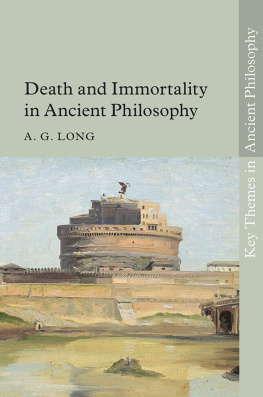
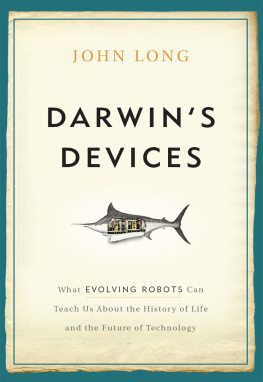
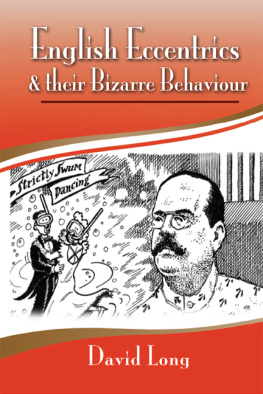
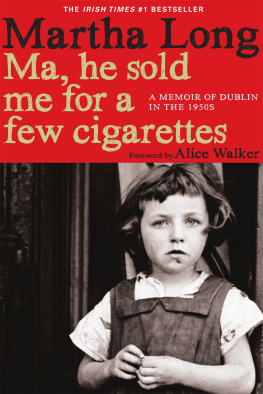
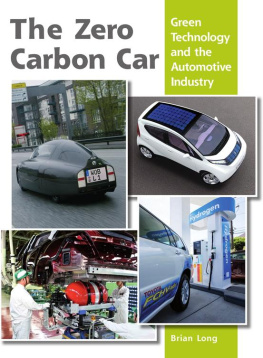
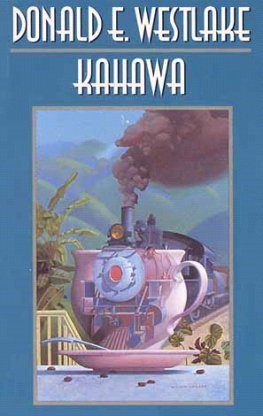
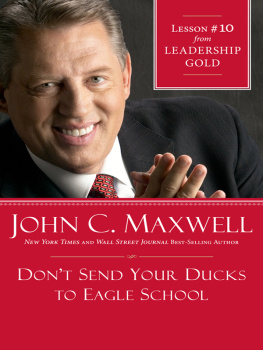
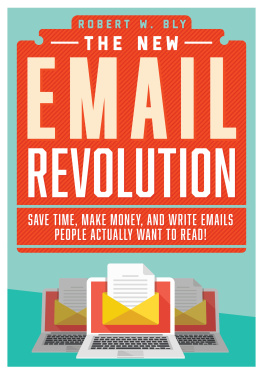
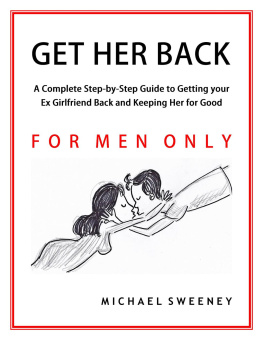
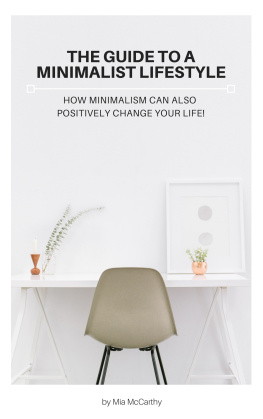
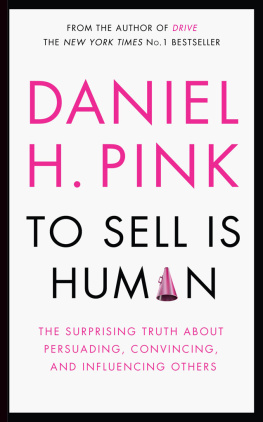
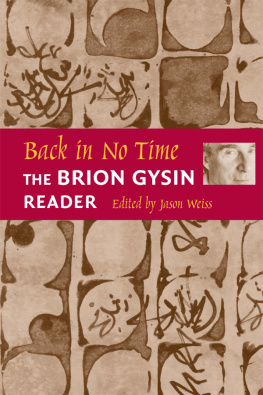
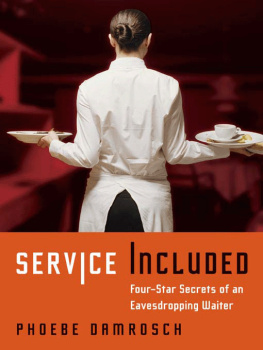
 W hen I read English at UC San Diego, my favorite poet was Rudyard Kipling. But if you were to ask me who my favorite living poet is, I would say, without equivocation, Donald J. Trump. From the pith of Sad! or Youre Fired to the studied ambiguity of Bigly or Big League, Donald Trump is a master wordsmithand, like the greatest poets, a truly memorable one.
W hen I read English at UC San Diego, my favorite poet was Rudyard Kipling. But if you were to ask me who my favorite living poet is, I would say, without equivocation, Donald J. Trump. From the pith of Sad! or Youre Fired to the studied ambiguity of Bigly or Big League, Donald Trump is a master wordsmithand, like the greatest poets, a truly memorable one.